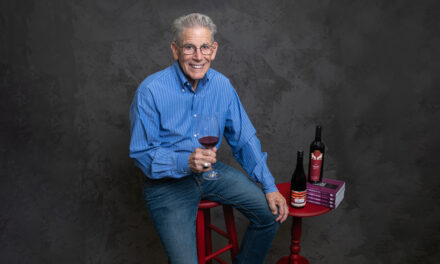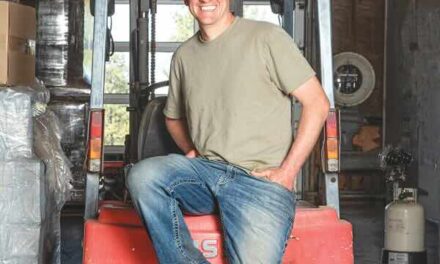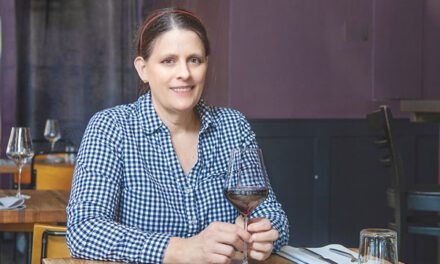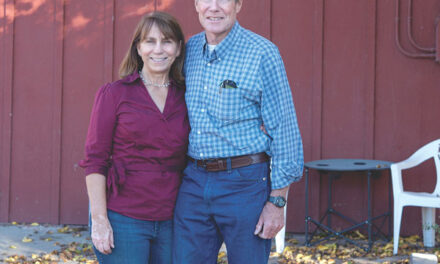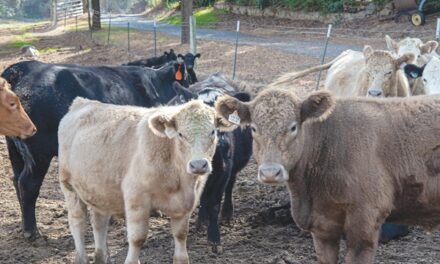Time to Grow Again
Former city nursery is site for urban agriculture
By Tessa Marguerite Outland
December 2020
The former City Tree Nursery soon will be growing again under the new branches of a nonprofit called Planting Justice.
Earlier this year, the city of Sacramento entered into a lease agreement with Oakland-based Planting Justice for a subarea of the city-owned 5-acre site in the James Mangan Park neighborhood. Planting Justice is partnering with Sacramento’s Yisrael Family Urban Farm and West Sacramento’s Three Sisters Gardens to bring life back to the land.
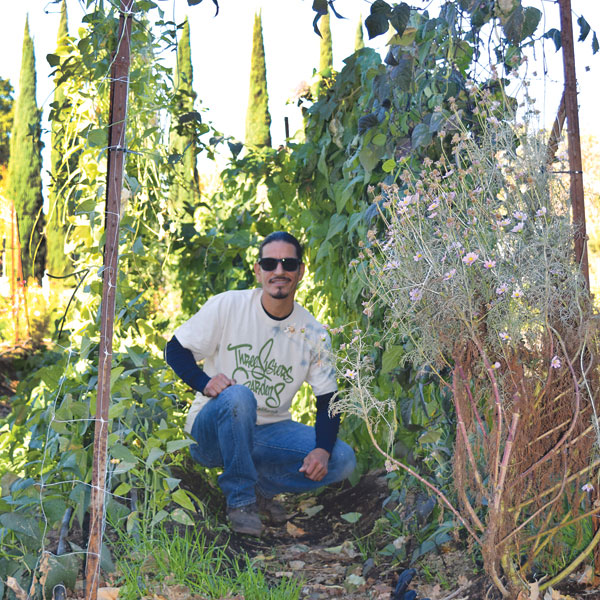
City Tree Nursery at 1920 34th Ave., formerly used for city landscaping operations, was once the place where many of Sacramento’s annual and perennial plants and tree stock were grown. As more plants were purchased from commercial growers, the site eventually became obsolete. Downsizing of city operations led to the nursery’s closure in 2008.
For the past 12 years, the land has been almost entirely vacant and is now wildly overgrown. Only a dilapidated greenhouse and former administrative building loom ominously on the abandoned plot.
In 2019, with the support of Councilmember Jay Schenirer, whose district covers the City Tree Nursery site, Sacramento attempted to activate the site for urban agriculture use. Planting Justice responded and a lease was settled at a rate of $1 per year, according to the Department of Public Works.
Gavin Raders, co-founder and co-director of Planting Justice, says the project is more than a revitalization of a tree nursery. It’s an opportunity for healing and growth for the community. “I just personally view this as a critical moment when we see a lot of our systems fail us or expose our vulnerabilities in food and economic systems,” Raders says. “I want to be spending my time developing and inspiring others as part of an effort to transform our food system.”
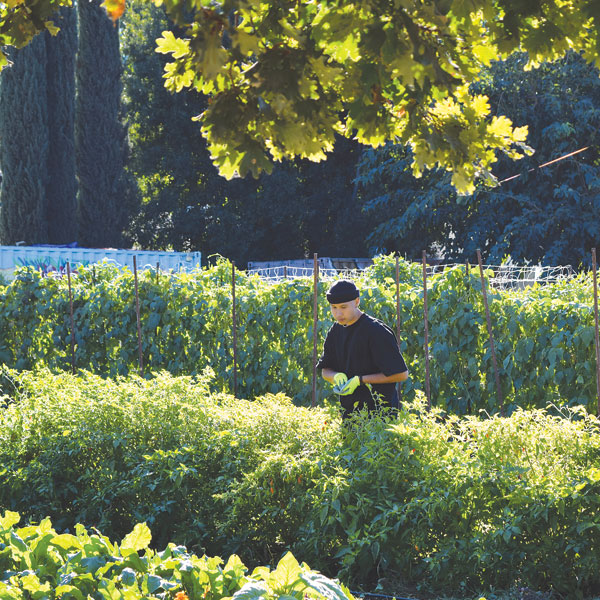
Planting Justice, Yisrael Family Farm and Three Sisters Gardens are prepared to revive the former City Tree Nursery and add community-minded elements, such as a center for urban agriculture, youth mentorship, living-wage jobs and farmer training. The site will support gardens, educational programs and a production nursery for Planting Justice’s existing organic plant nursery in Oakland, which includes more than 1,200 varieties of certified organic fruit trees.
Planting Justice’s production and retail nursery intends to provide jobs for the community, generate revenue needed to support itself long-term, and create community access to nutrient-dense and climate-resilient trees, shrubs, vegetables, herbs, flowers and native plants. The nursery will include 1 acre of outdoor field production, 7,000 square feet of indoor greenhouse production and a small space for onsite retail.
All three partners will offer educational programs in growing, cooking and sharing food. Programs will also include employment and life skills related to ecological design, farming, landscaping, plant propagation and horticulture, backyard kitchen gardens, and shipping and retail.
Three Sisters Gardens will care for 1 acre on which to grow nutrient-dense, medicinal vegetables and herbs, including native foods, that will be distributed to restaurants and community-supported agriculture members, and low-income families for free or on a sliding scale. The community will have access to a farm stand at least once a week.
Alfred Melbourne, executive director and founder of Three Sisters Gardens, is a proud Native American of the Hunkpapa Lakota tribe. Melbourne was born and raised in California where he says there is longstanding over-criminalization of Native Americans and people of color. He spent 18 years in prison, and has been home in West Sacramento off parole for four years. Melbourne started the nonprofit in 2018 to provide a safe place for mentoring and the opportunity for others to work and give back to their community. “I’m using what I’ve gone through to give back to the youth,” Melbourne says.
Currently, Three Sisters Gardens freely gives more than half of all four of its farms’ vegetables to the community. “We want to bring our organic, sustainable, regenerative practices to the tree nursery,” Melbourne says. “We’re relying on our native and indigenous knowledge as we do this.”
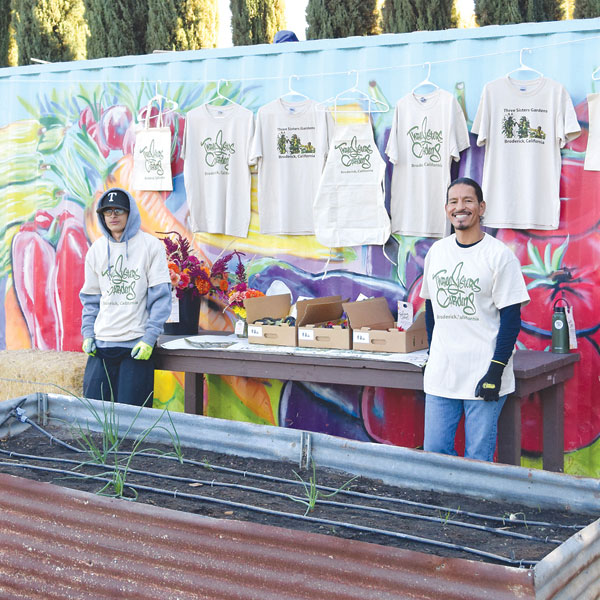
Before the project can proceed, however, there’s the matter of funding.
Planting hasn’t started yet, but the earth-minded participants have been planning, taking soil samples and fundraising. Melbourne says to have a fully functioning tree nursery, they will need $1.2 million over the next five years.
Planting Justice hopes to have all the necessary funds to complete construction of shade housing and raised beds next year in order to begin crop plantings in winter 2021.
“This project is going to be exactly what we need in our area to rebuild our ecology with native plants,” Melbourne says. “It stands to have so many long-term benefits for the community and the environment.”
For more information, visit cityofsacramento.org/public-works/city-tree-nursery or email treenursery@cityofsacramento.org.
Tessa Marguerite Outland can be reached at tessa.m.outland@gmail.com. Follow us on Facebook, Twitter and Instagram: @insidesacramento.



